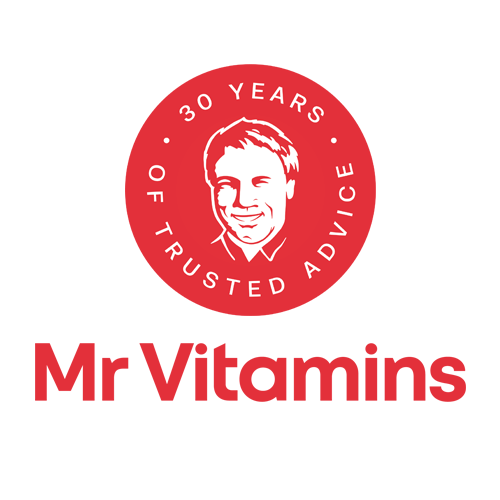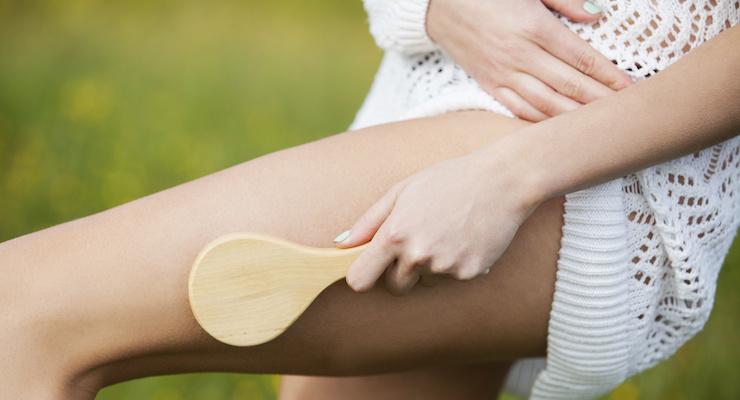
- Health advice
- Nov 23, 2015
While eating, working, watching television and using computers and tablets we do a lot of sitting through the day.
As comfortable or second nature as sitting may seem, it is really quite stressful on your body.
And when you add stress to that lack of exercise, your overall health and mental well-being become highly compromised leading to a shorter life.
However, to the surprise of researchers, even regular exercise cannot overcome the damaging effects of prolonged sitting.
Why is Sitting so bad?
The human body is designed to function in a high gravity environment. So, when exposed to a low gravity environment—like outer space—the body actually weakens. Sitting is one of the few examples of an earthly low gravity condition, yet it weakens your body nonetheless.Sitting vs. Exercise - a sensitive balance
An American study found that people who sat for long periods of time were twice as likely to have diabetes or heart disease compared to people who sat for short periods of time. And these results proved to be the case even for individuals who exercised regularly. In other words, chronic sitting injures your health to a point that exercise cannot repair or reverse. Another study discovered that a combination of minimal exercise and excessive sitting doubled the risk of heart failure in men. Scientists determined that men who were physically active, exercised, and sat less than two hours each day had the lowest risk of developing heart failure. Therefore, this evidence shows that your health relies on a sensitive balance between the time you spend sitting and the time you spend exercising. For overall health, the time you spend exercising should dramatically exceed the time you spend sitting.Intermittent Movement - a solution to chronic sitting
Now, it is unreasonable to tell yourself that you will never sit down again; but, you can certainly control how you sit and take breaks from sitting. That’s what intermittent movement is all about! There are dozens of simple exercises you can perform to interrupt your daily sitting. Just standing up every 15 minutes will make a difference. These small breaks give your body as well as your mind time to rest and recover. Thus, the more frequently you get out of your seat the better you will feel and the more productive you will become. ‘Ask a Naturopath’ to suggest and possibly demonstrate some exercises you can try during your breaks. In the meantime, here are some other tips you can follow:- Maintain proper posture while sitting to promote better blood circulation and organ function
- Set an alarm at regular intervals to remind you when to get up and move
- If you do not exercise much during the week, add more exercises to your sitting breaks
- Aim for 35 sitting breaks per day to counteract your risk of heart disease



















